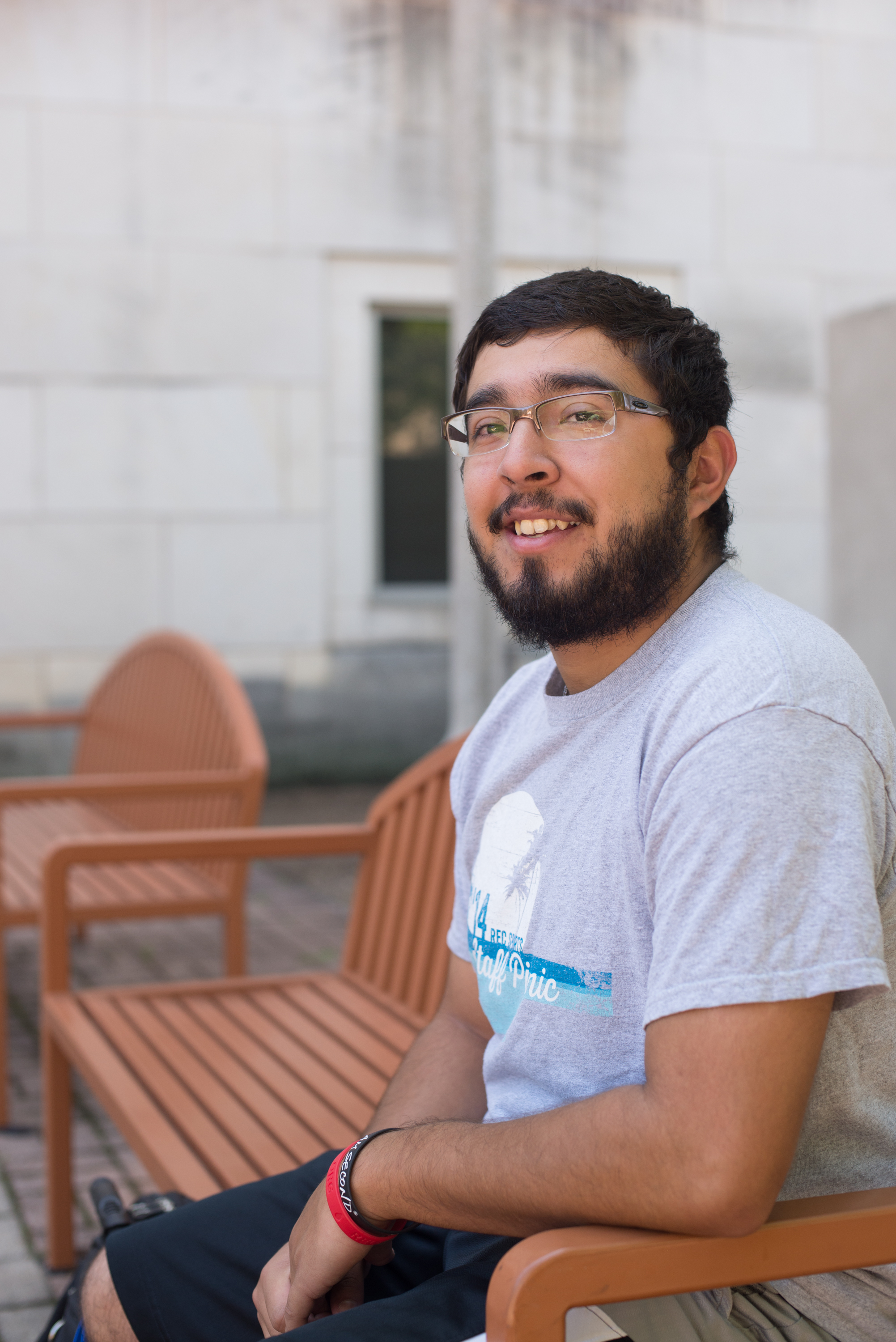
The words “spring break” conjure up images of sunny beaches and parties galore. But for a group of UT Austin students, this much anticipated week away from school means something else entirely: Making the world a better, more equitable place.
Last March, three groups of students journeyed to Louisiana and South Texas to help underserved communities through a national service-learning program called Alternative Breaks. Another group will head out to San Francisco this summer to better understand the social justice issues around homeless LGBTQ youth. Housed within the Longhorn Center for Community Engagement, the program aims to educate undergraduates about social issues and help them become catalysts for positive change.
Throughout the week, they devoted their time entirely—give or take a few scenic tours and dinner outings—to a specific project, from constructing homes for recent Mexican immigrants in McAllen to building a community garden in New Orleans. Though the work was mentally and physically draining at times, the students’ efforts were well-rewarded when they started to see the fruits of their labor—in the lives of the people they served and within themselves.
“Alternative Breaks pushes students outside their comfort zone and allows them understand the perspectives of others,” says Hali Hoyt, a program coordinator in the DCCE who oversees the program. “They gain real-world experience while discovering their own role in creating social change.”
Now in its second year at UT Austin, Alternative Breaks is proving to be an asset to the undergraduate experience. Seeing the value in the program, Dr. Marc Musick, dean of student affairs in the College of Liberal Arts, recently provided a $30,000 gift to support its efforts in providing life-changing experiences for students.
The return on investment can be seen in Zach Garcia, a finance senior who discovered some personal strengths that will serve him well in the business world. After completing his first Alternative Breaks trip in New Orleans in 2015, he returned to the city this year as a team lead—where he can put his people skills to good work.
“One of the many lessons this trip has taught me is that I’m approachable and people feel comfortable coming to me with questions or if they just want to talk,” Garcia says. “Now I have more confidence around groups of people—whether it’s a classroom setting or a work environment.”
Though Garcia could have spent the week kicking back with his friends on the sandy shores of South Padre Island, he doesn’t for a moment regret his decision to ditch his creature comforts—even his cell phone—for a week of work in the community garden, where he toiled for hours digging in garden beds and planting vegetables for the summer harvest.
“It’s more rewarding to do something that’s worth my time instead of something I could be doing on the weekend,” he says. “It’s more meaningful and a better experience that I can look back on and remember.”
One memory that will last a lifetime, Garcia recalls, occurred while taking a tour of the Lower Ninth Ward—the area most devastated by Hurricane Katrina.
“It’s hard to describe the heavy feeling that came over me when I looked at all the homes that were completely destroyed,” he recalls. “I could actually see the divide between the people who had the resources to rebuild and those who had no other choice but to leave their homes to ruin. Seeing this helped me realize that each one of us has an individual responsibility to bring about equality. We have to listen to the needs of others and utilize all our talents to achieve social justice.”


